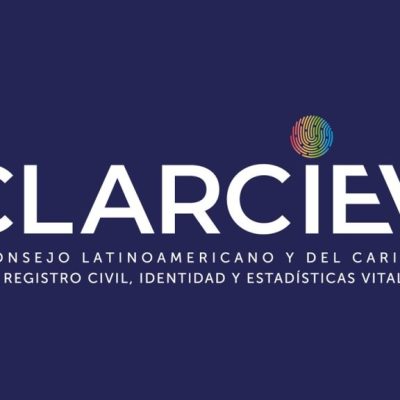Why the Global Alliance and why is it important?
The Global Alliance is both a space and a communicative energy to bring forward our commitment for no statelessness anywhere in the world. The global landscape and statelessness are fundamentally needed now because it creates a platform, an initiative and an energy that works to finally end statelessness worldwide.
The community of the Global Alliance will be a workspace that is inspiring, that shines a light on how together we can work on a common human rights problem. And how a diversity of views from the people most affected, stateless people themselves, to experts, civil society organizations, to UN agencies, to governments can come together, discuss, think, examine good practice, and ultimately take the steps necessary to end statelessness.
From all those myriads of problems, this issue, statelessness, is a fundamentally fixable one. And so, we are confident that if we pull together and do the work and mobilize the resources, we can arrive at the year 2030 with every single person on earth carrying a nationality and participating fully in their own societies.
Claude Cahn
Human Rights Officer, UN Human Rights Office (OHCHR)
5 December 2025

Latin American and Caribbean Civil Registration Week: An Initiative Ensuring Identity for All
The Latin American and Caribbean Council for Civil Registration, Identity, and Vital Statistics (CLARCIEV) is the organization behind the campaign “Latin American and Caribbean Civil Registration Week,” held from September 1 to 16, 2025, and which sought to safeguard the fundamental right to identity.
Under the slogan “Latin America and the Caribbean, a region without invisible people: identity for all!”, CLARCIEV intensified its efforts to register births, covering both children and adults who still lacked a birth certificate. As a result of the campaign a total of 32,177 birth registrations were performed.
Read more3 November 2025

One Year On: The Movement’s Journey Within the Global Alliance to End Statelessness
Proximity and privilege deeply shape whose voices are heard in the global struggle to end statelessness. For millions of stateless people, barriers such as geography, limited resources, and lack of access to documentation mean exclusion not only from their governments but also from the global humanitarian and advocacy spaces that claim to represent them. Meanwhile, those with passports and institutional power often move freely within international systems that remain inaccessible to the very people they aim to serve.
Read more18 June 2025

Ensuring Vocational Inclusion for Stateless Individuals
Stateless individuals face daily obstacles in accessing basic services – whether opening a bank account, booking travel, or securing employment. One often overlooked but fundamental barrier is the absence of a “stateless” or “undefined” nationality option in digital forms and application systems. Without it, individuals are frequently forced to enter inaccurate information or abandon applications altogether. Employers, including legal and HR teams, are often unsure how to process applications from individuals without nationality, even when they have the legal right to work. This lack of clarity and inclusion in administrative systems contributes – often unintentionally – to vocational exclusion.
An encouraging step forward came in August 2024, when UNHCR became the first UN agency to update its recruitment platform to accommodate stateless applicants. This progress followed sustained engagement by the stateless-led organization Apatride Network, whose advocacy helped identify and address technical barriers in the application process, that previously prevented stateless people from applying. In collaboration with its legal and human resources teams, UNHCR resolved the dropdown menu issue and clarified internal procedures – creating a more inclusive and accessible path for stateless candidates.
Read more